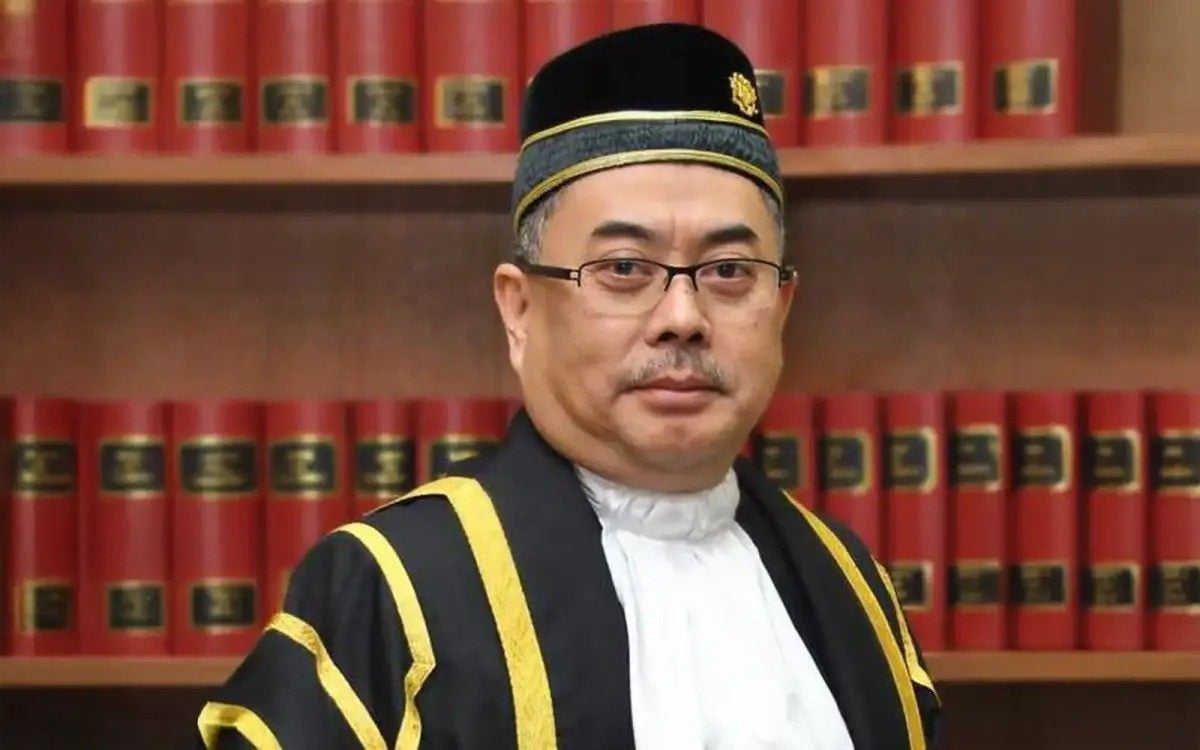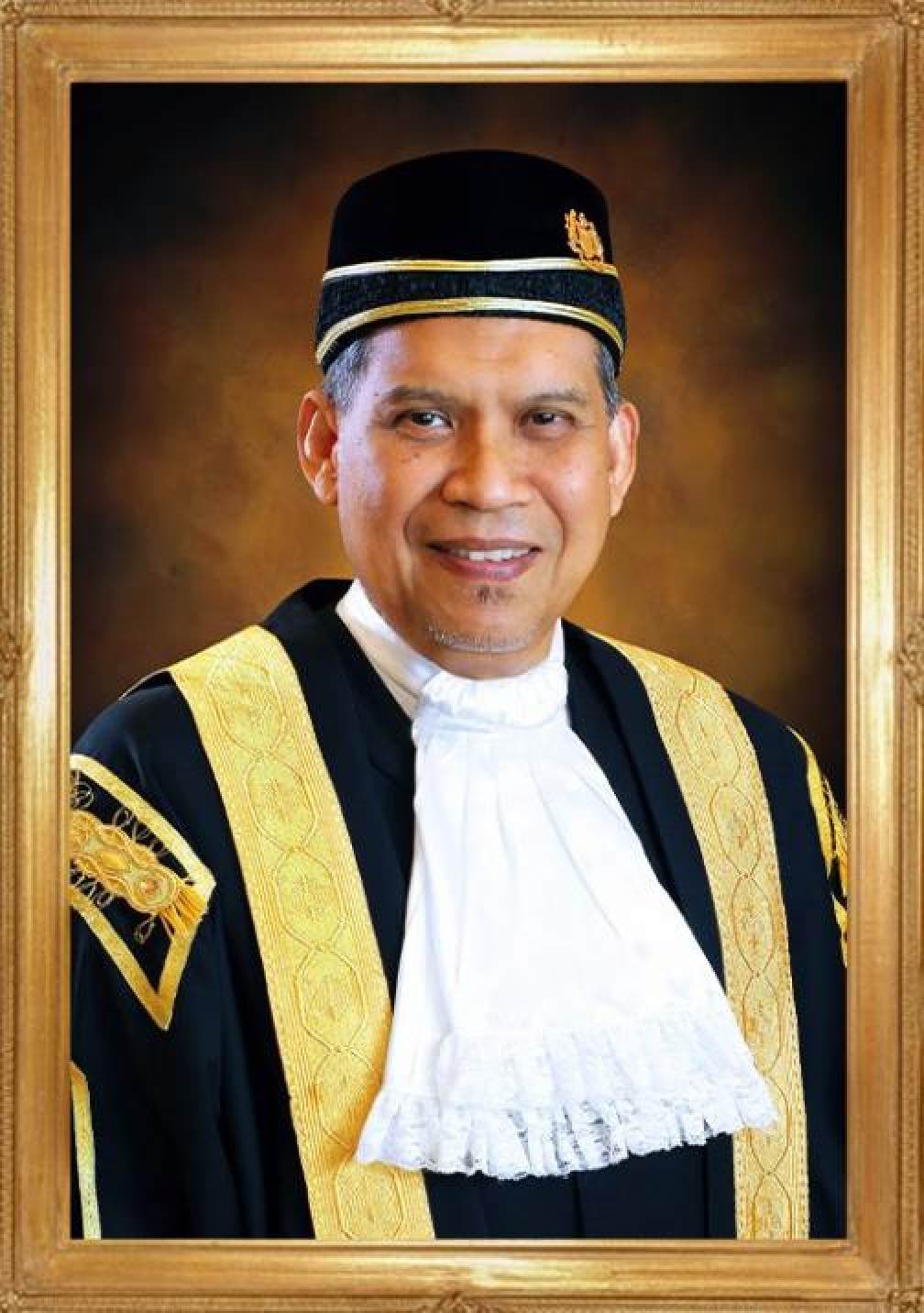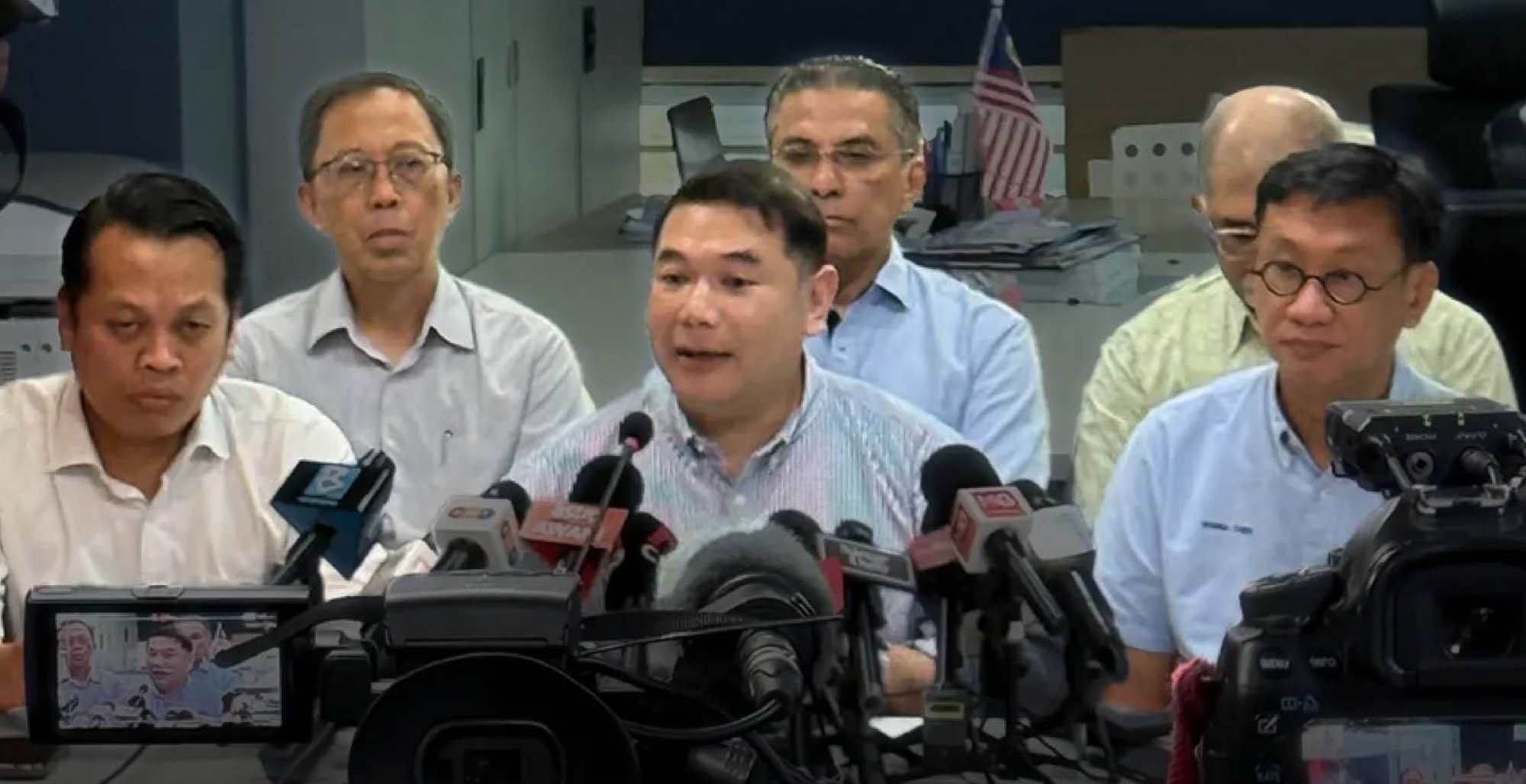Malaysia has a new chief justice but appointment sparks fresh controversy
Wan Ahmad Farid’s political ties to 1MDB scandal-hit Najib have raised concerns about judicial independence

Malaysia on Friday named Wan Ahmad Farid Wan Salleh as its new chief justice, ending weeks of uncertainty over the country’s top judicial post. However, his past political ties, including to former prime minister Najib Razak, have raised concerns about judicial independence.
The Court of Appeal judge was named Malaysia’s 11th chief justice in a government statement released just after midnight, alongside Abu Bakar Jais as president of the Court of Appeal and Azizah Nawawi as chief judge of Sabah and Sarawak, filling three of the judiciary’s most senior vacancies.
Their appointments follow a Wednesday meeting of the Conference of Rulers, a council of state sultans and governors whose role is to scrutinise the nominations.
The delay in filling the top posts had plunged Malaysia’s judiciary into a crisis and triggered a rare protest march by nearly a thousand lawyers urging Prime Minister Anwar Ibrahim’s government to stop interfering in judicial matters.

“The ceremony of presenting the letters of appointment and taking and signing the oath of office and allegiance before the king will be held on July 28 at the Istana Negara,” said the statement from the chief registrar of the Federal Court.
Anwar has come under pressure for allegedly delaying the appointment of judicial replacements and backing a politically aligned and inexperienced candidate as chief justice, claims he has denied.
Political past
While Wan Ahmad Farid’s appointment marked a retreat from that controversial pick, his own political background quickly came under scrutiny.
Critics pointed to his 2022 decision to recuse himself from hearing an application by UK Queen’s Counsel Jonathan Laidlaw, who sought to represent Najib in a 1MDB-linked corruption case, as evidence of lingering political entanglements.
“It is public knowledge that before being appointed to the bench, I was an active politician and at one time, a member of the administration and Senate,” Wan Ahmad Farid said at the time, adding that he had left politics behind and that his “only sacred duty is to preserve, protect and defend the federal constitution”.
He had served briefly as deputy home minister under prime minister Abdullah Ahmad Badawi between 2008 and 2009 before resigning to contest a parliamentary by-election in Kuala Terengganu, which he lost by just over 2,500 votes.
His candidacy in that race was backed by Najib. The then deputy prime minister said Wan Ahmad Farid had the confidence of both himself and Abdullah to defend the seat after the incumbent’s death.
Unhandled type: inline-plus-widget {“type”:”inline-plus-widget”}
The judge’s Najib connection is under fresh scrutiny as the former prime minister, now jailed for corruption, is seeking to enforce a royal decree issued by then-king Sultan Abdullah granting him a reduced sentence and permission to serve the remainder of his term from his private mansion in Kuala Lumpur.
Malaysia’s social media has lit up with claims that “Najib will get his house arrest granted” under the new chief justice, with one critic saying “once an Umno man, always an Umno man”, referring to the former ruling party.
Former economy minister Rafizi Ramli, who leads a group of nine government lawmakers criticising Anwar’s on the crisis, echoed public sentiments on Wan Ahmad Farid’s political background and noted that the new appointee was more junior than other judges.

“We hope that Anwar Ibrahim’s administration does not consider this matter to be completely resolved, as long as improvements to the judicial appointment process are not presented to the people and implemented,” Rafizi, a member of Anwar’s People’s Justice Party, said on Friday.
The judiciary has spent decades restoring its reputation after the 1988 crisis, when then-prime minister Mahathir Mohamad dismissed the chief justice and suspended senior judges, severely undermining judicial independence.
Current concerns have revived comparisons to the 2007 V.K. Lingam scandal, when the senior lawyer was caught on video apparently brokering judicial appointments with then-chief justice Ahmad Fairuz Abdul Halim. A Royal Commission of Inquiry confirmed political interference, but no one was prosecuted.
Then the political secretary to prime minister Abdullah, Wan Ahmad Farid was quoted in 2008 downplaying the scandal as of no public concern, saying that urban voters were preoccupied with economic concerns while rural voters were ignorant and would “probably ask you whether [Lingam] is an Indian movie star”.